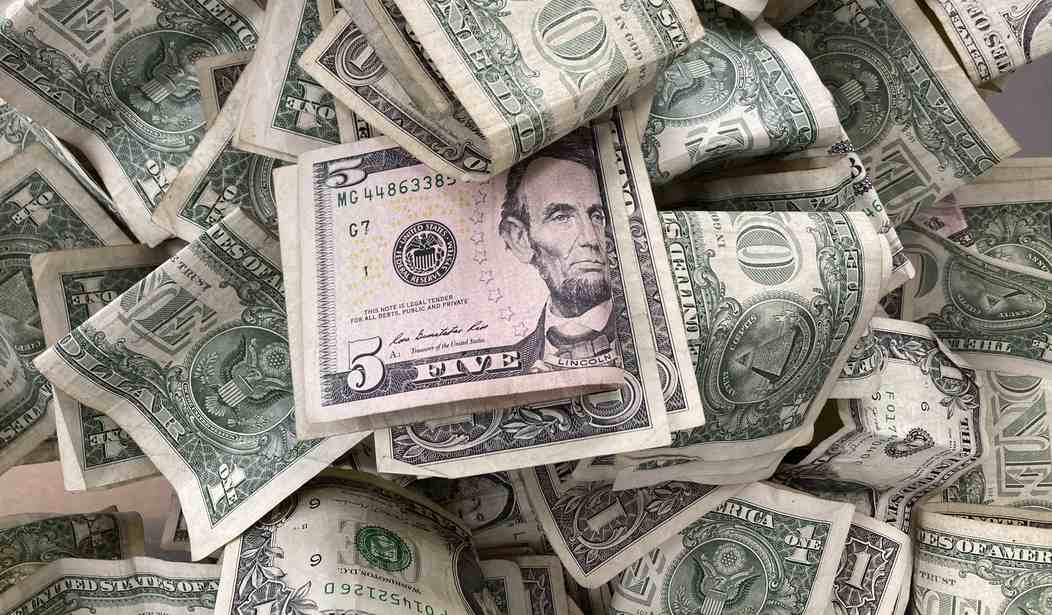As stocks, cryptocurrencies, and other assets have headed downward this year, the world’s 50 wealthiest people have watched a combined $563 billion in net worth vanish, according to the Bloomberg Billionaires Index. As of May 22nd, Elon Musk has lost $69.1 billion in net worth this year. The founder of the cryptocurrency exchange Binance, Changpeng Zhao, saw a whopping $80.9 billion in net worth evaporate. The recent precipitous drop in the net worth of many of the world’s richest individuals adds to the list of reasons why taxing wealth at a given moment is unreasonable.
Over the past few years, politicians on the Left have brazenly and increasingly called for implementing a wealth tax. In addition to the taxes already levied on income, a wealth tax would force the rich to pay taxes on their net worth above a certain amount.
But most of the wealth that the world’s richest individuals hold is not made up of cash or even luxurious, personal items such as homes, cars, planes, art, etc. Earlier this year, economist Chris Edwards of the Cato Institute told the Foundation for Economic Education that “only 2 percent of the [rich’s] wealth is accounted for by their personal assets… The vast majority of their wealth is in productive business assets that generate output for the economy.” Thus, taxing wealth unjustly targets the value of held investments from which gains have not yet been realized.
While the economy was largely locked down early in the pandemic, money poured into financial markets and speculative assets, sending the value of stocks and other assets like cryptocurrencies sharply upward. So, the net worth of our nation’s wealthiest skyrocketed, as much of their wealth is represented in their ownership of such assets.
Recommended
Incensed by the fact that the wealthy saw net worth gains as the real economy struggled, a pro-Elizabeth-Warren group called Warren Democrats launched a page online, displaying the rise in net worth of America’s billionaires during the pandemic. Their hope was to whip up support for a wealth tax. Interestingly, their graphs charting these billionaires’ net worths end in February of 2021. The charts do not show the sharp reversal and eradication of much of the billionaires’ net worth gains that have taken place since. For example, after watching his net worth drop over $60 billion so far this year, Jeff Bezos’ net worth is even lower today than it was in 2019.
As I write this, the S&P 500 is down over 17% this year, Bitcoin’s losses have totaled over 35% and the tech heavy NASDAQ Composite has fallen over 28%. Had some of our nation’s most wealthy sold their business assets at the market’s peak, they would have had to pay tax on the gains they realized. But it is unjustifiable to force wealthy individuals to pay taxes on the value of their held investments at a given moment, as there is an ever-present risk of that value plummeting prior to selling and turning their value on paper into cash. The recent downturn in asset prices ought to be a salient reminder of this reality.
But the drop in the net worth of the rich, stemming from struggling assets, merely adds to the already long list of problems with taxing wealth.
Whenever you tax something, you get less of it. Taxing the net assets of the super wealthy would disincentivize entrepreneurship and productive investment and, instead, encourage more consumption. A wealth tax would also incentivize high net worth individuals to leave the United States, taking their wealth and business abroad to environments that are less hostile to wealth creation. Ultimately, the result would be a decrease in available capital to fund productive activities that lead to job creation, wage growth, and more affordable prices.
Put simply, as a result of a wealth tax, our living standards would worsen, harming us all. These consequences have already played out in Europe, which is a big reason why only 3 OECD countries have a wealth tax today compared to 12 in 1990.
Wealth taxes have failed time and time again, and they come with unintended, adverse consequences that hurt the productivity and living standards of society as a whole. But if that was not enough reason already to oppose a wealth tax, the recent, sharp decline in the net worths of the rich illustrates the inherent absurdity of taxing wealth, as great wealth is largely made up of business assets with uncertain future values, not cold, hard cash readily at disposal.
Benjamin Ayanian is a contributor for Young Voices, a PR firm and talent agency for young, pro-liberty commentators. His writings have appeared in the Wall Street Journal, the Star Tribune, Yahoo News, and more.

























Join the conversation as a VIP Member